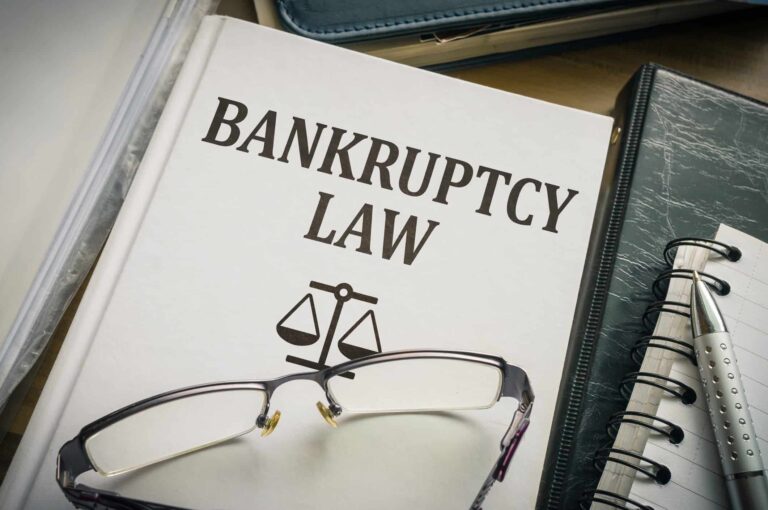Nevada Repo Laws: What You Need to Know
In the state of Nevada, repossession laws govern the process by which lenders can take back property when a borrower fails to meet their obligations. At DeLuca & Associates Bankruptcy Law, we understand the complexities of these laws and strive to provide comprehensive guidance to our clients. With over [insert number] years of experience in bankruptcy law, our team is dedicated to helping individuals navigate the intricacies of repossession laws and find solutions tailored to their unique circumstances.
What Is Repossession?
Repossession occurs when a lender takes back property that was used as collateral for a loan. This can include vehicles, furniture, electronics, and other valuable assets. In Nevada, lenders have the right to repossess property if the borrower defaults on their loan payments.
Nevada Repossession Laws
In Nevada, lenders must follow specific procedures when repossessing property. These laws are designed to protect the rights of borrowers and ensure fair treatment throughout the repossession process. Some key points to know about Nevada repossession laws include:
- Notice Requirements: Before repossessing property, lenders must provide borrowers with notice of their intent to repossess. This notice typically includes information about the borrower’s default, the lender’s right to repossess the property, and the borrower’s right to cure the default by making payments.
- Right to Cure: In Nevada, borrowers have the right to cure their default and prevent repossession by bringing their loan payments up to date. The specific timeframe and requirements for curing a default may vary depending on the terms of the loan agreement and state law.
- Post-Repossession Notice: After repossessing property, lenders must provide borrowers with notice of their right to redeem the property. This notice typically includes information about the borrower’s right to reclaim the property by paying off the remaining balance of the loan.
- Sale of Repossessed Property: If borrowers fail to redeem the repossessed property, lenders have the right to sell it to recover the outstanding debt. However, Nevada law requires lenders to sell repossessed property in a commercially reasonable manner, which may include conducting a public auction or private sale.
How DeLuca & Associates Bankruptcy Law Can Help
Navigating repossession laws can be complex, especially for individuals facing financial difficulties. At DeLuca & Associates Bankruptcy Law, our team is here to provide the guidance and support you need. Whether you are facing repossession or seeking to understand your rights as a borrower, we can help you explore your options and make informed decisions.
Our experienced attorneys can:
- Review your financial situation and assess your eligibility for bankruptcy protection.
- Explain the pros and cons of filing for bankruptcy and help you understand how it may impact repossession proceedings.
- Represent you in negotiations with lenders to explore alternatives to repossession, such as loan modifications or debt settlements.
- Assist you in filing for bankruptcy, if necessary, and guide you through the process from start to finish.
Contact DeLuca & Associates Bankruptcy Law Today
If you are facing repossession or struggling with debt, don’t wait to seek help. Contact DeLuca & Associates Bankruptcy Law today at 702-252-4673 to schedule a consultation. Our compassionate and knowledgeable team is here to help you explore your options and regain control of your financial future.






